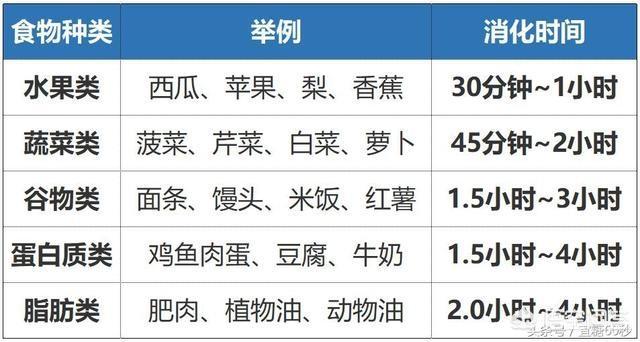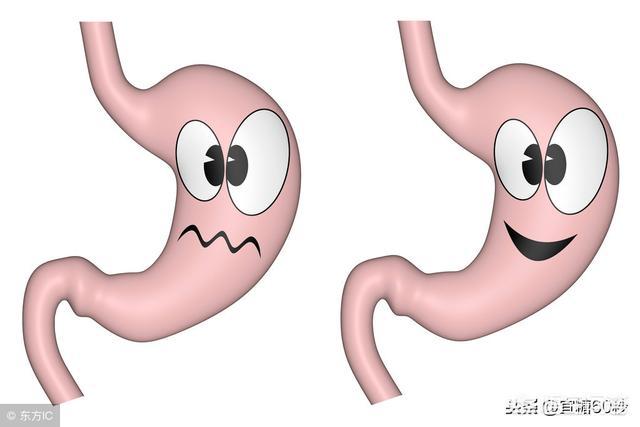Blood sugar three hours after lunch is higher than one or two hours after a meal, why? What are some things to watch out for?
Blood sugar three hours after lunch is higher than one or two hours after a meal, why? What are some things to watch out for?
Thanks for the question invitation! Yee Sugar is happy to answer your question!
There are three main reasons why blood glucose at 3 hours after a meal is higher than at 1 hour after a meal or 2 hours after a meal:
Reason 1, high proportion of fat and protein in food

Digestion and absorption times vary greatly between different types of food. Refined rice and noodles are digested and absorbed quickly, and the blood sugar peak comes forward. But high-fat, high-protein foods, such as braised meat and hot pot, they take longer to digest and the blood glucose peak will be more backward.
Reason two, individual digestion and absorption rate is slow

There are always some people digest rate slower than others, a bowl of white rice ordinary people digested in 1 hour, blood sugar fluctuations, in the "slow intestines" of the body, it may take 2 hours to be barely absorbed, if it is a more complex structure of the food, the digestion time is even longer, it is entirely possible that 3 hours after the meal, 4 hours after the meal is still in the high blood sugar state.
Cause 3: Certain hypoglycemic drugs

Type 2 glucose users often take acarbose tablets (Baytril), carboplatin, and other alpha-glucosidase inhibitor drugs that inhibit the function of delayed intestinal absorption, which inhibits the rate at which carbohydrates are digested and absorbed in the small intestine, depressing the peak of postprandial glucose, and prolonging the time of absorption as well.
From your description, the 1-hour postprandial blood glucose of breakfast and dinner is the highest, while only the 3-hour postprandial blood glucose of lunch will occasionally be higher than the 1-hour postprandial and 2-hour postprandial blood glucose, then there is a high probability that it belongs to the cause 1, that is, it is due to the larger proportion of the food that can prolong the time of digestion and absorption, such as fat, protein, dietary fiber and so on, in the food sometimes. It is recommended to adjust the diet structure appropriately and then measure blood glucose again.
[60 Seconds to Sugar] For more diabetic diet content, welcome:
Six dishes recommended for sugar lovers that are nutritious and lower sugar!
Noodles rise in sugar quickly? Three tips to teach you to eat noodles with confidence!
What are the side effects of metformin? What should I be aware of?
A complete list of 20 staple foods that are fast and slow in raising sugar, so you'll never worry about high blood sugar after a meal again!
Don't be too concerned about postprandial highs and lows, you can tell you are a very careful person, and it is recommended to test your blood sugar normally, just once in the morning. It's normal to have highs and lows throughout the day, the only thing you do is exercise hard, control your diet and take your meds on time.
This question and answer are from the site users, does not represent the position of the site, such as infringement, please contact the administrator to delete.